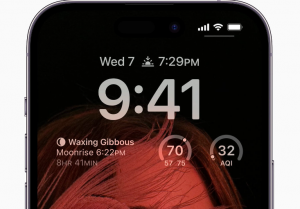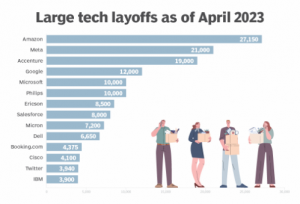Does Absence Truly Make the Heart Grow Fonder? Data Mining Phone Records Says Yes!

We’ve all heard the age-old adage, “absence makes the heart grow fonder,” often used to comfort those separated from loved ones. But is there any truth to this romantic notion, or is it just wishful thinking? A fascinating new study utilizing the power of data mining suggests that the proverb might be more accurate than we think.
Beyond Anecdote: Unearthing Evidence in Data
While countless stories and personal experiences seem to support the idea, hard scientific evidence has been elusive. That is, until researchers decided to tap an unexpectedly rich source of information: mobile phone records.
This innovative study, conducted by Kunal Bhattacharya and his team at Aalto University in Finland, delved into a massive dataset of call records from 2007. Their goal was to determine if there was a correlation between physical distance and the effort individuals put into maintaining relationships.

How Data Mining Revealed the “Fondness Factor”
The researchers operated under the assumption that the strength of a relationship is reflected in communication patterns. Specifically, they analyzed:
- Call Frequency: How often individuals contacted each other.
- Call Duration: How long conversations lasted, especially after periods of separation.
- Geographic Distance: The physical space between individuals in a relationship.
The results were intriguing. The study revealed a clear pattern: the longer the duration between calls, the longer the subsequent call tended to be. This suggests that people who haven’t spoken in a while make a conscious effort to reconnect more deeply when they finally do.
Unpacking the Findings: Who Misses Whom the Most?
Interestingly, the study also found that this “fondness effect” wasn’t universal. It was significantly more pronounced:
- Between Same-Sex Friends: Male-male and female-female friendships exhibited the strongest correlation.
- Among Younger Adults: Those in their 30s, perhaps navigating more dynamic relationship stages, showed the most significant effect.
- Over Greater Distances: The further apart individuals were, the more pronounced the increase in call duration after a period of silence.

From Baboons to Humans: A Shared Social Instinct?
This research aligns with observations of primate behavior. For instance, baboon mothers, freed from the constant demands of childcare, spend significantly more time grooming and socializing with other adults – seemingly making up for lost time.
This parallel suggests that the drive to strengthen bonds after separation might be deeply ingrained in our social DNA, a behavior we share with other species.
Does More Talk Time Equal More Fondness?
While this study provides compelling evidence that absence correlates with increased communication efforts, it’s essential to acknowledge its limitations. The research cannot definitively conclude that longer calls directly equate to greater feelings of fondness.
However, it does offer a fascinating glimpse into how distance might influence our communication patterns and, potentially, the strength of our emotional bonds. Further research could explore the nuances of these findings, perhaps incorporating qualitative data to gain a more holistic understanding.

Resources for Further Exploration:
- The Power of Data Mining in Social Sciences: [Link to a relevant article on data mining applications]
- Understanding Primate Social Behavior: [Link to a reputable source on primate studies]
- The Psychology of Long-Distance Relationships: [Link to an article on the challenges and benefits of long-distance relationships]
This study serves as a powerful reminder that even in our hyper-connected world, physical presence isn’t the only factor influencing the strength of our relationships. Sometimes, a little distance might be just what we need to appreciate and nurture the bonds that matter most.








